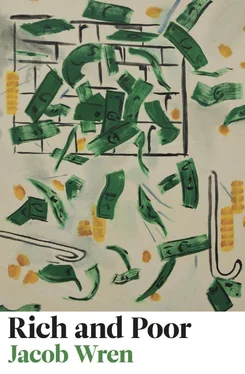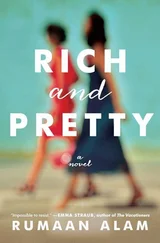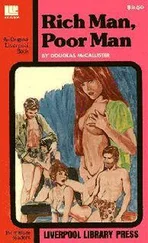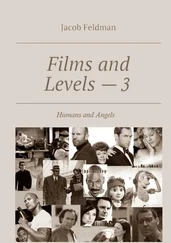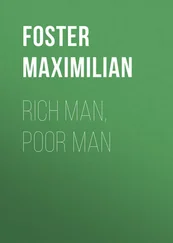Cops are handcuffing workers and dragging them into the vans at the edge of the field. I see the mentor at the far end, handcuffed and shoved into a vehicle, doing her best to shove back. If we actually succeed, I realize at that moment, it will be because of her. A few feet in front of me two cops are handcuffing a man they’ve slammed down onto his knees as I rush forward to intervene, pushing one cop out of the way as my friend pulls free and runs. The other night around the fire he was the first one to use the word dignity. In a second two guns are pressed against either side of my head and my hands are high in the air in surrender. Time is completely detached from itself; I can barely follow the words they are yelling at me, barely separate them from the dull buzz of the megaphone: this strike is illegal, you must disperse immediately, this strike is illegal, etc. I think: I am finally doing it. What I was always told is impossible. I am dying for a cause. It was probably on a day much like today that my parents were killed. I always thought they had died for nothing, but suddenly now realize almost the opposite is true. I have judged them wanting and was completely and utterly wrong. I feel both cops about to pull the trigger, that in a moment I’ll be dead, and open my mouth to scream but can’t understand what’s happening, I’m not screaming but singing, I’m singing as loud as I possibly can, one of the old songs I’ve been figuring out in the library. Some memory from my previous life already knows it’s the most popular one, the song we all know. The cops on either side of me are so surprised that they pause, probably only for a few moments, but it seems long enough for those around me to start singing as well. They all know the song but we’re each singing it in our own language, with slightly different words, a song that spreads like a wildfire. It’s the strangest thing. All the workers are singing but the scabs don’t know the melody or the words. In less than a moment it becomes violently clear who is one of us and who is one of them. We are all singing at the top of our lungs. I have never heard so many sing so loudly. There is still fighting but it is as if the singing has taken over. The cops are handcuffing us and dragging us towards the vans as we continue to sing. There are still two guns against my head but, as I continue to sing at the top of my lungs, I’m not as sure as I was before that they’re actually going to fire. My arms are raised high above my head in surrender. As I continue to sing I feel a secret hope that on television tomorrow there will be fighting but there will also be singing. That as we continue to sing this song that we all heard as children, as we continue to sing the world will actually hear us, that they will see us and hear us on their screens.
I am singing at the top of my lungs, looking straight ahead, and at the far end of the field I see an armoured SUV pull up. It is like there is a voice in my head that tells me: keep singing as loud as you can and keep staring at the SUV. I watch bodyguards get out of the car with their guns drawn, and behind the bodyguards I see him, the man I had tried to strangle with the piano wire, stepping out of the vehicle, taking a moment to adjust, taking in the scene. I don’t know what he’s doing here but then suddenly think that I do. Emmett sent him. I start walking toward the SUV, one careful step at a time, sure that the cops will shoot me with each and every step, and I don’t know why, perhaps because I’m singing, perhaps because we’re all singing so loudly as if we are all one voice, but the cops don’t shoot, instead walk alongside me, their guns still pointed at my head. It takes only a few steps before our eyes meet. I am staring straight at the billionaire, we make eye contact, and I can see that he recognizes me. I can see that he recognizes me, that he hears me, hears all of us. And I can tell that, as he recognizes me, he is shaken.
It would have been impossible for me to complete this book without the generous support of two writing residencies. I would very much like to thank:
PICA’s Creative Exchange Lab with lead support from the Andrew W. Mellon Foundation, where I spent a beautiful time writing and exchanging in both Portland and Caldera, Oregon.
Centre Bang who allowed me a luxurious month of pure writing in Chicoutimi, Quebec.
John McConville for the use of Total Fortune Spray on the cover.
The unattributed quotation here is from Beverly J. Silver’s Forces of Labor: Workers’ Movements and Globalization since 1870 (Cambridge, UK: Cambridge University Press, 2003).
